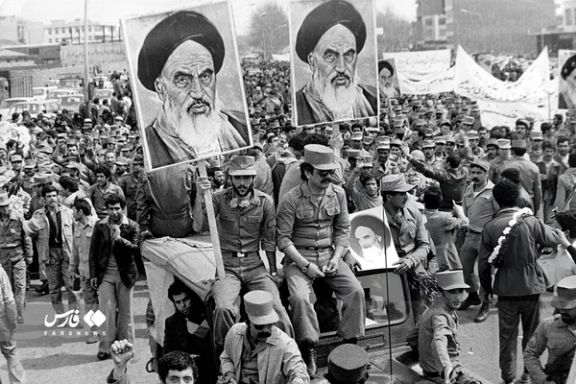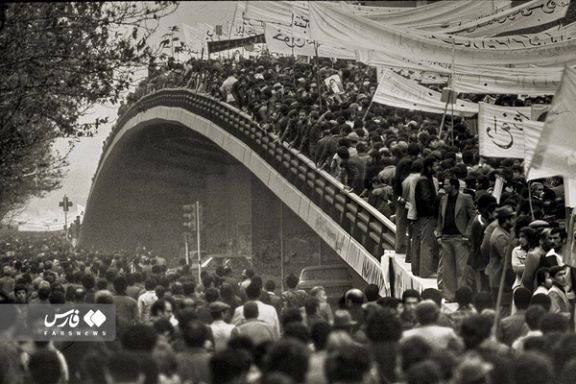On 45th Revolution Anniversary, Iran Resembles North Korea, Not Japan

A member of Iran's Expediency Council suggests that while the Islamic Republic was once promising to become the Japan of the Middle East, it now risks resembling North Korea.

A member of Iran's Expediency Council suggests that while the Islamic Republic was once promising to become the Japan of the Middle East, it now risks resembling North Korea.
Morteza Alviri made these remarks in an interview with reformist daily Etemad in Tehran on Tuesday. He attributed Iran's current trajectory to a deviation from the original vision of the revolution, outlined during Ruhollah Khomeini’s manifesto in Paris before his return to Iran in 1979. At that time, the fundamentalist cleric was promising democracy, freedom and equality to Iranians.
Alviri, born in 1948, has had a varied political career, serving in the Iranian parliament thrice, as Mayor of Tehran, a Tehran city councillor, and Iran's ambassador to Madrid. However, his journey began as a student and an Islamic revolutionary activist, once planting a bomb at the office of a weekly magazine in Tehran prior to the 1979 revolution. His transformation into a moderate politician followed, as others around him became more radical.
Alviri emphasized in the interview that many of Iran's current crises stem from a broader crisis of governance. He noted that in the revolution's early years, both extremes of the political spectrum believed they held solutions. However, failure to adhere to revolutionary principles has exacerbated Iran's problems.
However, what Alviri fails to point out is that the Islamic revolutionaries were inherently anti-West and isolationist, traits that their Communist partners in the revolution shared. These characteristics were to an extent in conflict with the need to follow path of development that was rational and secular.
Khomeini initially promised that the Islamic Republic would be a progressive and democratic state. Alviri lamented that this vision has diverged significantly from the reality Iranians voted for in 1979. But again he fails to mention the likelihood that Khomeini made these promises to rally the people to topple the monarchy, and was necessarily committed to the lofty goals.
At the revolution's onset, Alviri argued, there was an intention to maintain press freedom, allowing journalists to express themselves without fear. He recalled a time when the prevailing belief was that every Iranian citizen was an integral part of the new regime. There were no notions of political purification or religious mandates like mandatory hijab. "There was no political purification on anyone's mind, and no one thought of arbitrary vetting of candidates in elections. There was no compulsory religious behavior such as an obligation for women to wear hijab and university professor never thought that they would be expelled from their workplace."

In stark contrast, another interview in Etemad portrayed the Islamic Republic as resembling North Korea, according to Yadollah Javani, the deputy commander of the IRGC. Javani accused "enemies" of attempting to sow discord between the people and the Supreme Leader. He acknowledged internal problems but focused on external threats, neglecting widespread poverty and corruption.
Javani’s discourse is typical of regime officials who dismiss most problems of governance in Iran and blame the United States and others for their unwillingness and inability to pursue economic growth.
Javani claimed that, so far, the people have protected the regime against all conspiracies. He called the Islamic revolution a miracle, despite other officials' acknowledgement that about 70 percent of the population living under the poverty line. The claim about popular support also contradicts dwindling freedoms and the regime’s repeated brutal suppression of protests.
Javani further claimed that there was nothing wrong about the Islamic Republic. Only the officials need to explain to the youth why the Islamic Republic is the continuation of the holy prophet's movement. Javani obviously ignored the extent of financial and ethical corruption among officials.